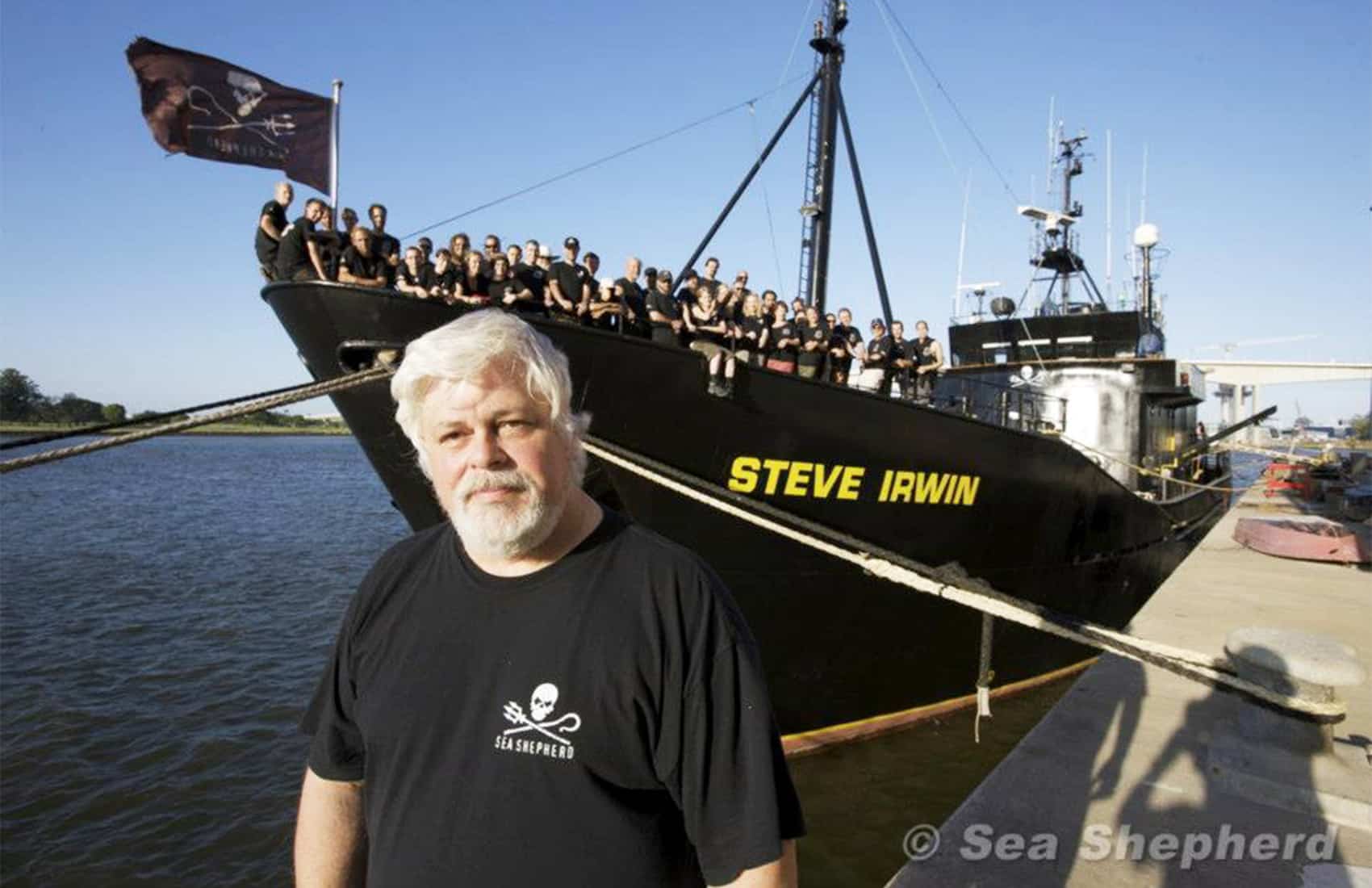Related: Sea Shepherd’s Paul Watson turns to human rights commission to block Costa Rica’s legal chase
Celebrity conservationist Paul Watson turned the tables Tuesday in his long legal battle with Costa Rica by filing a lawsuit against the country before the Inter-American Commission on Human Rights (IACHR).
“We want to have this whole situation investigated,” Watson said in a phone interview with The Tico Times. “We think that it is a human rights violation and it has nothing to do with seeking justice at all. The whole thing is very suspicious.”
The charges against Watson date back to 2002, when he and a Sea Shepherd crew confronted a Costa Rican fishing vessel that was allegedly finning sharks off the Guatemalan coast. Watson and fellow conservationists sprayed the fishermen with firehoses.
After docking in Costa Rican fishing hub Puntarenas, on the Pacific coast, Watson was charged with eight counts of attempted murder. The incident was filmed as part of the documentary “Sharkwater,” and the footage, combined with witness accounts, led the court to drop the charges against Watson.
But the case didn’t go away. Watson was arrested in Germany in 2012 on a Costa Rican warrant for attempted shipwrecking, which carries a sentence of up to 15 years in prison. Watson has avoided extradition and now lives openly in Paris, despite being listed on Interpol’s Red List of International Fugitives.
In an attempt to finally put the charges to bed, Watson’s lawyers are arguing that Costa Rica’s dogged pursuit of the conservationist is without merit and violates his human rights. Costa Rica’s foreign ministry told The Tico Times that they have not yet received notification of the petition from the IACHR and cannot comment on the allegations. The petition for a lawsuit, which has yet to be accepted by the human rights commission, alleges that the Costa Rican government filed charges against Watson without jurisdiction — the incident took place in international waters near Guatemala — and without proof. The lawyers concluded that the only explanation for the charges is that they were politically motivated.
“The legal actions that Costa Rica has taken against Paul Watson is a political maneuver to take down one of the world’s most recognized conservationists so that Costa Rica can continue freely trafficking shark fins,” Watson’s petition reads.
The practice of shark finning, where fishermen slice off a shark’s valuable fins and throw its body overboard, has been banned in Costa Rica since 2012, but Watson claims that the government still supports the practice behind closed doors.
“I know Costa Rica has this reputation as a green country but I haven’t seen it,” he said. “What I’ve seen is a lot of protection of poaching operations.”
See also: Shark fin scandal in Costa Rica has Solís administration on the defensive
Watson says he will not return to Costa Rica for trial because he’s concerned about the fairness of the country’s justice system. Even if Watson was found innocent, his lawyer has expressed concerns that Costa Rica would immediately extradite the conservationist to Japan, where he faces charges for Sea Shepherd’s war on the Japanese whaling fleet.
If Watson’s case before the regional human rights commission is accepted, the IACHR would investigate Costa Rica’s case against Watson and could order the country to drop the charges. If freed of legal troubles, Watson said he would be interested in returning to Costa Rica to do conservation work.
“Right now we have two boats that we could deploy to Cocos Island to protect it,” Watson said. “The government admits that they do not have the resources to protect Cocos Island, and we could provide that.”






